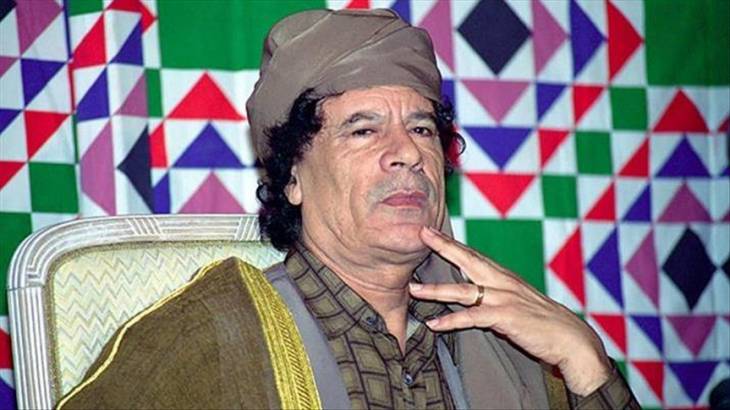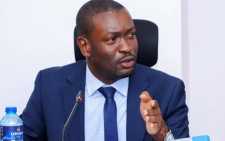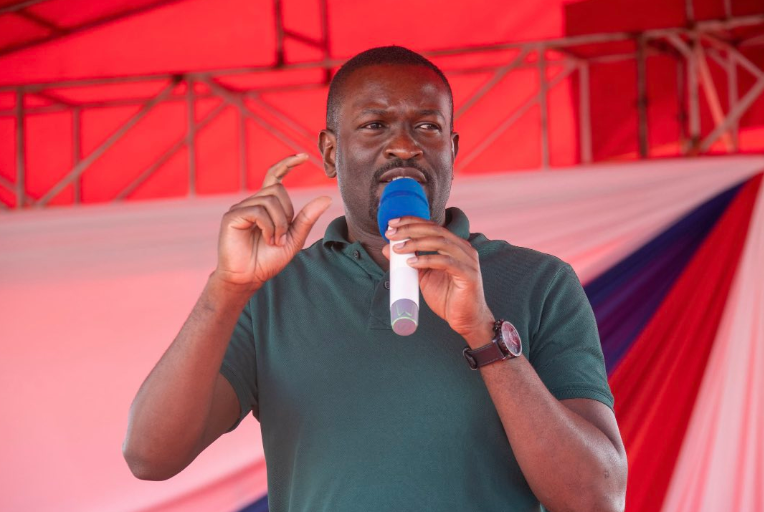Queries abound over wealth of the oligarchs

When former Libyan President and leading Pan-Africanist Mu’ammar Gaddafi was killed by rebels in the country’s Sirte city in October 2011, word has it that he left behind a vast fortune of both his personal wealth and that of his oil-rich country.
Sadly, billions of the collective money and property is still stashed in a couple of countries around the world, with the West holding a substantial amount of the fortune.
According to an investigation report published in Politico by Giulia Paravicini on February 8, 2018 Gaddafi’s former “regime’s frozen funds in Brussels are generating tens of millions of euros in interest for mystery beneficiaries, despite international sanctions”.
The report revealed that Euro 16 billion of Gaddafi’s assets held in Belgium had recorded mysteriously huge and regular outflows of stock dividends, bond income and interest payments. Legal documents, bank statements, emails and dozens of interviews pointed to a loophole in the sanctions regime.
This game that is being played all over again as the United States of America and allies, slap economic sanctions on both Russia and some of its richest citizens who have invested their money in the West.
Among those targeted for sanctions are Russia President Vladimir Putin’s close family members and friends, and the elites with foreign interests overseas using the lame excuse that they have used resources to support Putin’s invasion of Ukraine.
Now, what will happen to this wealth when the war is over? Going by past experience, the host countries would start an ideological conflict that would create a stalemate in legal proceedings by the wealth owners for compensation. Meanwhile, the wealth would continue to unjustifiably enrich those hoarding it.
The United Kingdom has set the stage for such an eventuality after recent claims that it is investigating the owner of Chelsea Football Club, Roman Abramovich, for corruption.
But this is happening years after he bought the football club in 2003 and used his money to grow and popularise both the team and the Premier League globally.
The worst that host countries should do is return all the confiscated wealth to the owners and let the latter decide the next destination of their investments.
There is no evidence presented for the allegations justifying the holding of the oligarchs at ransom. Everything has been left to conjecture. At least, we would have expected to see a clear connection between Putin with these elites in a way that would show their role in the war. The sanctions can only be logically seen as a form of blackmail, hoping that the elite would gang up against Putin and make him stop the war, failure to which they would overthrow him to regain the wealth.
Putin is a political player whose decisions by all intents and purposes are geopolitical. There is no covert or overt indication that he is after Ukraine’s wealth, or that his endgame is material enrichment. He is not annexing or looting any of the big corporations in the country. His interest is in securing Russia’s territorial integrity.
The West holds billions of dollars in unclaimed assets of people it has indicted, but who have no recourse for its return. Sanctions against Russia and Russians, is a warning to many current and potential international investors who have, or plan to depend on Western economies for either saving or growing their wealth. The rich in developing countries should be well advised to invest in other emerging economies rather than lose it at the whims of manipulative players.
The sanctions are a blessing in disguise for developing countries. Now the South has to be more inward looking for solutions to its development challenges. Organisations of major developing economies led by the (Brazil, Russia, India, China and South Africa (BRICS) have come of age and can sustain trade between its members and partners.
— The writer comments on international affairs






